If waste heat is continuously generated from an industrial process and steam is required at the same time to complete the process, the conditions are favorable for the use of a steam-generating heat pump. A team of researchers from the University of Applied Sciences of Eastern Switzerland has investigated the conditions for the success of this energy-efficient and climate-friendly form of heat supply. Weiterlesen
Schlagwortarchiv für: Heat
Spielend Strom sparen mit der Stromspar-Challenge
Welches sind die Stromfresser im eigenen Haushalt? Zu welcher Tageszeit und an welchem Wochentag verbrauchen wir besonders viel oder wenig Strom? Wie lässt sich der eigene Stromverbrauch noch optimieren? Hier setzt die Stromspar-Challenge an. Weiterlesen




 Noch keine Bewertungen
Noch keine BewertungenDeux qualités principales des gadgets expliquent leur popularité: ils sont fonctionnels tout en ayant un aspect ludique. Ces deux caractéristiques contribuent à rendre notre quotidien un peu plus confortable et divertissant. Et si, grâce à eux, on peut en même temps économiser de l’énergie, c’est encore mieux. Nous avons recensé ci-dessous les quatre meilleurs gadgets intelligents pour réduire la consommation d’énergie à domicile. Weiterlesen




 Noch keine Bewertungen
Noch keine BewertungenThe electrification of local public transport is in full swing. Building battery-operated buses and trolleybuses that combine passenger comfort with low power consumption is technically challenging. Research institutions such as the Swiss Federal Institute of Technology (Eidgenössische Technische Hochschule/ETH) in Zurich are supporting manufacturers with important findings such as the optimal use of batteries, for example. A current research project aims to improve the energy supply for heating, ventilation and air conditioning. Weiterlesen




 Noch keine Bewertungen
Noch keine BewertungenDepuis 2019, la campagne de SuisseEnergie «MakeHeatSimple» a permis l’adaptation de 40’000 installations de chauffage de résidences secondaires à un mode de gestion à distance. Ces biens immobiliers qui ne sont pas occupés tout l’année présentent un potentiel important d’économie d’énergie. Lorsque l’appartement ou la maison est vide, le chauffage tourne au minimum. Avant de se rendre sur place, il suffit au propriétaire depuis sa résidence principale de définir la température pour le séjour. En arrivant, la maison sera chauffée selon ce qui a été demandé. Une étude datant de 2017 montre qu’une utilisation à large échelle de cette technologie permettrait une économie de 2000 GWh ou l’équivalent de 600’000 tonnes de CO2 par année. Weiterlesen




 Noch keine Bewertungen
Noch keine BewertungenFrom an energy perspective, windows have an opposite effect depending on the time of year: In winter, they allow solar heat into the interior and thus reduce heating demand. In summer, on the other hand, solar heat gain is often undesirable because it can lead to increased cooling demand. Blinds and other adjustable exterior solar shading systems serve to keep summer heat out of interior spaces. Weiterlesen




 Noch keine Bewertungen
Noch keine BewertungenIm Winter sind Zweitwohnungen oft durchgängig beheizt, auch wenn über lange Zeit niemand darin wohnt. Impulsberaterin Cornelia Winkler erklärt, wie sich dort Energie einsparen lässt – ohne beim nächsten Besuch in der Wohnung frieren zu müssen.




 Noch keine Bewertungen
Noch keine BewertungenAt first glance, one would hardly believe that a simple water tank could be enough to bring heat from summer into winter. But in fact, a storage tank with a volume of 12 cubic meters or more is enough to supply an apartment with heat and hot water from solar collectors for the entire winter. Because such storage solutions have been relatively expensive up to now, scientists from the universities in Rapperswil and Lucerne have been searching for ways to make the technology more economical in two research projects. Weiterlesen




 1 Vote(s), Durchschnitt: 5,00
1 Vote(s), Durchschnitt: 5,00Geothermal energy is already used intensively in Switzerland, mainly by means of geothermal probes that collect heat from the ground to provide heat and hot water for buildings. However, the heat from deeper layers of the earth is hardly used: If one were to drill 1000 m and deeper, one would come across an enormous heat reservoir that can be used for heating purposes, industrial processes and electricity production. Weiterlesen




 Noch keine Bewertungen
Noch keine BewertungenThe Joint Programming Platform Smart Energy Systems (JPP SES) in cooperation with the GEOTHERMICA ERA-Net network, which Switzerland is a part of, have launched a joint call for proposals for transnational projects on 31 May 2021. Weiterlesen




 Noch keine Bewertungen
Noch keine BewertungenKontakt
Bundesamt für Energie
Pulverstrasse 13
3063 Ittigen
Postadresse:
Bundesamt für Energie
3003 Bern
Telefonnummern:
Hauszentrale +41 58 462 56 11
Pressestelle +41 58 460 81 52
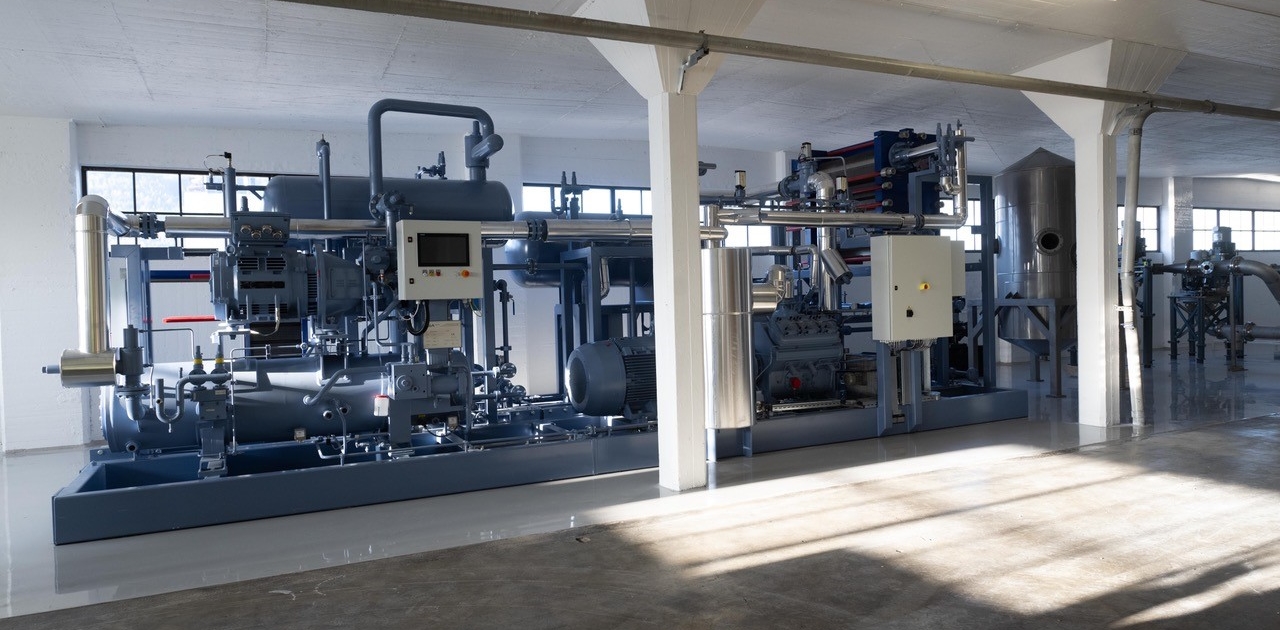 Aneo Industry
Aneo Industry  shutterstock
shutterstock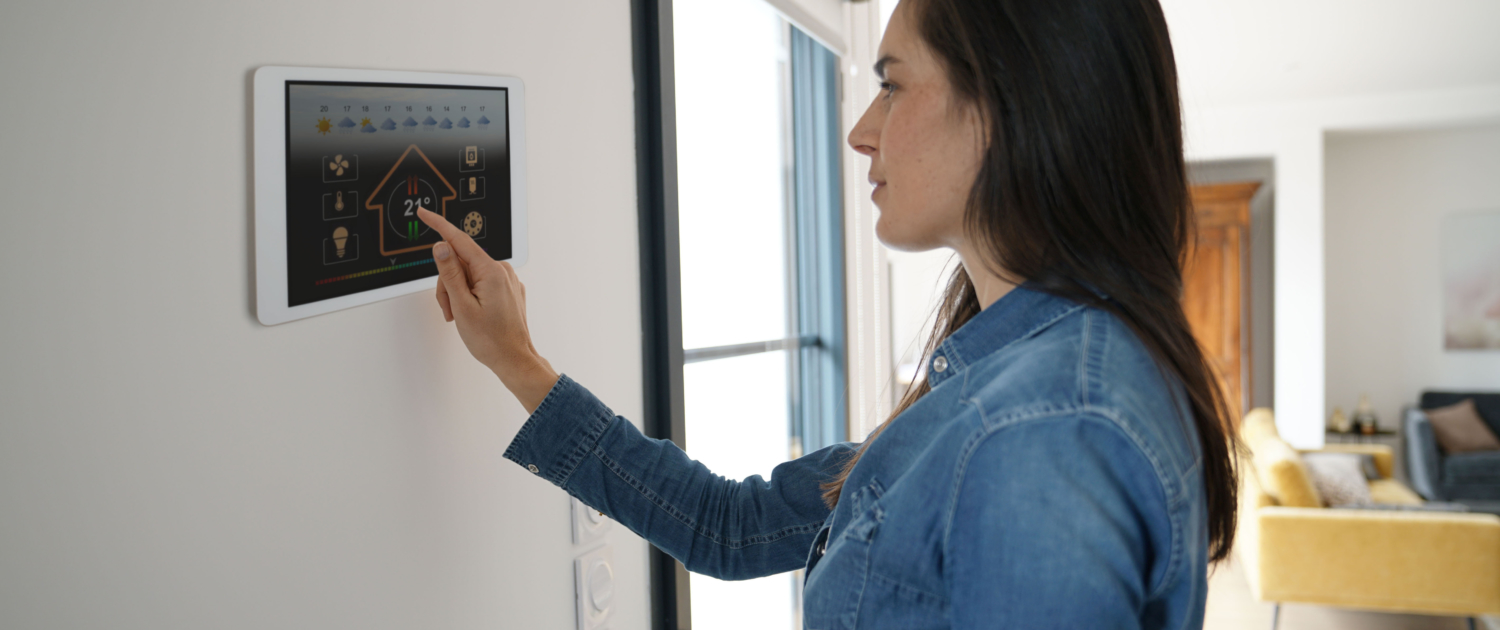 Shutterstock
Shutterstock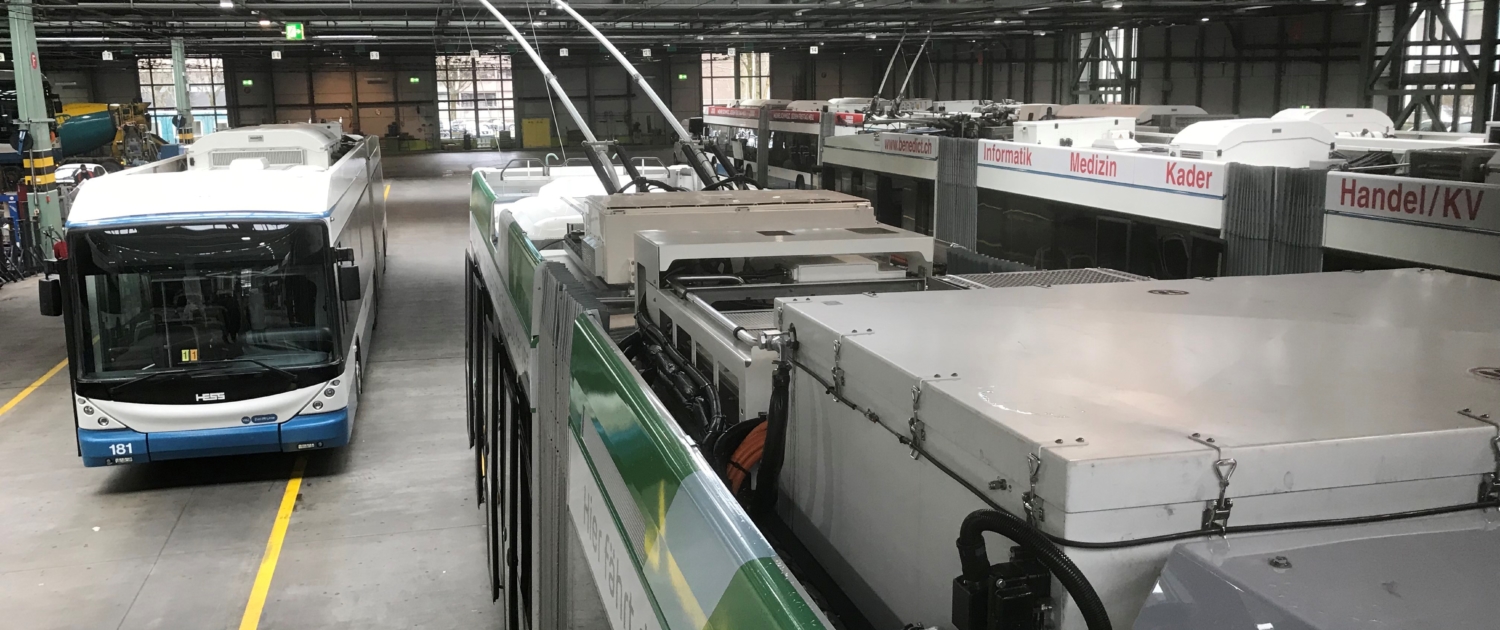 Benedikt Vogel
Benedikt Vogel
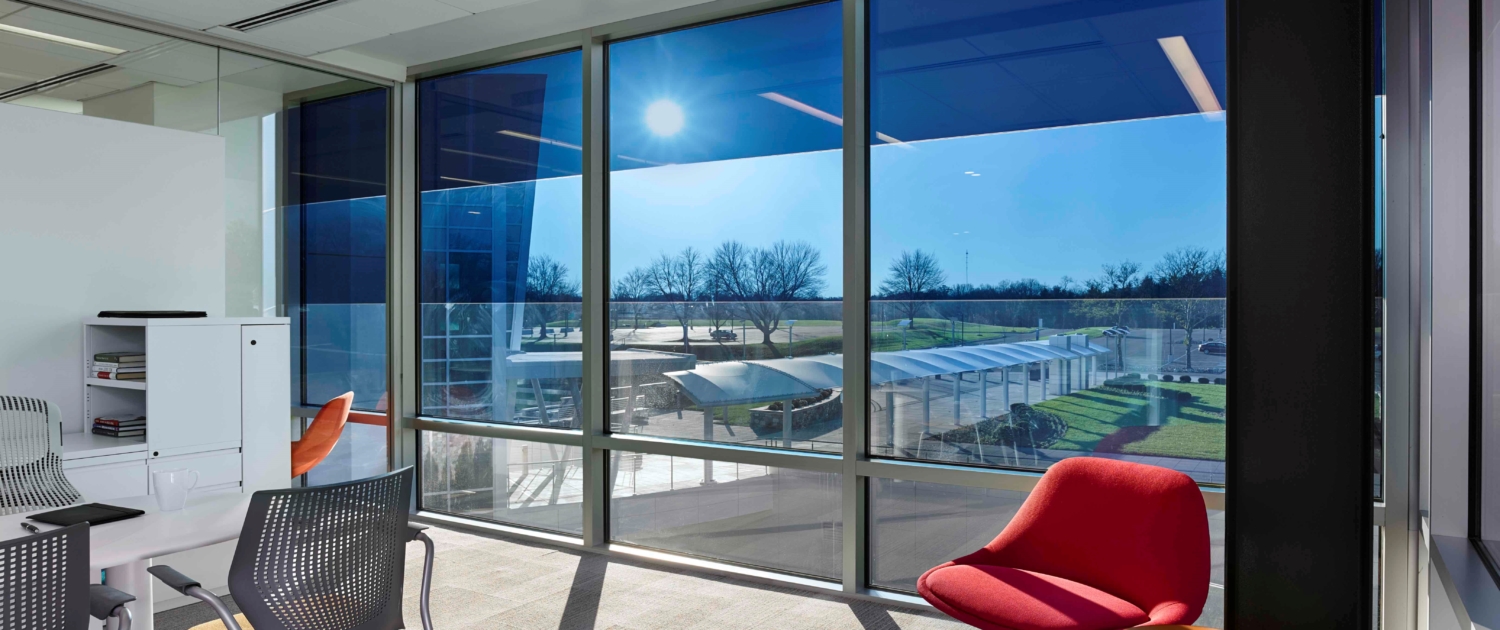 Foto: SageGlass/Jeffrey Totaro
Foto: SageGlass/Jeffrey Totaro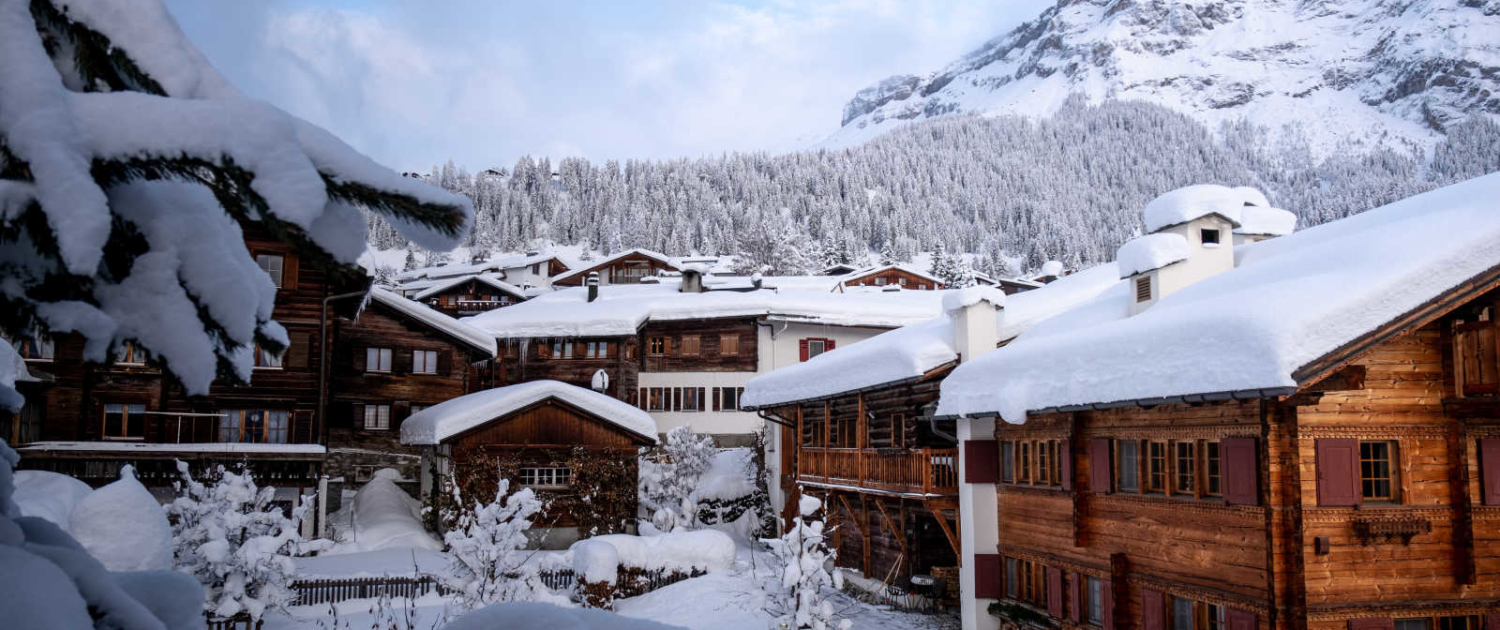 EnergieSchweiz
EnergieSchweiz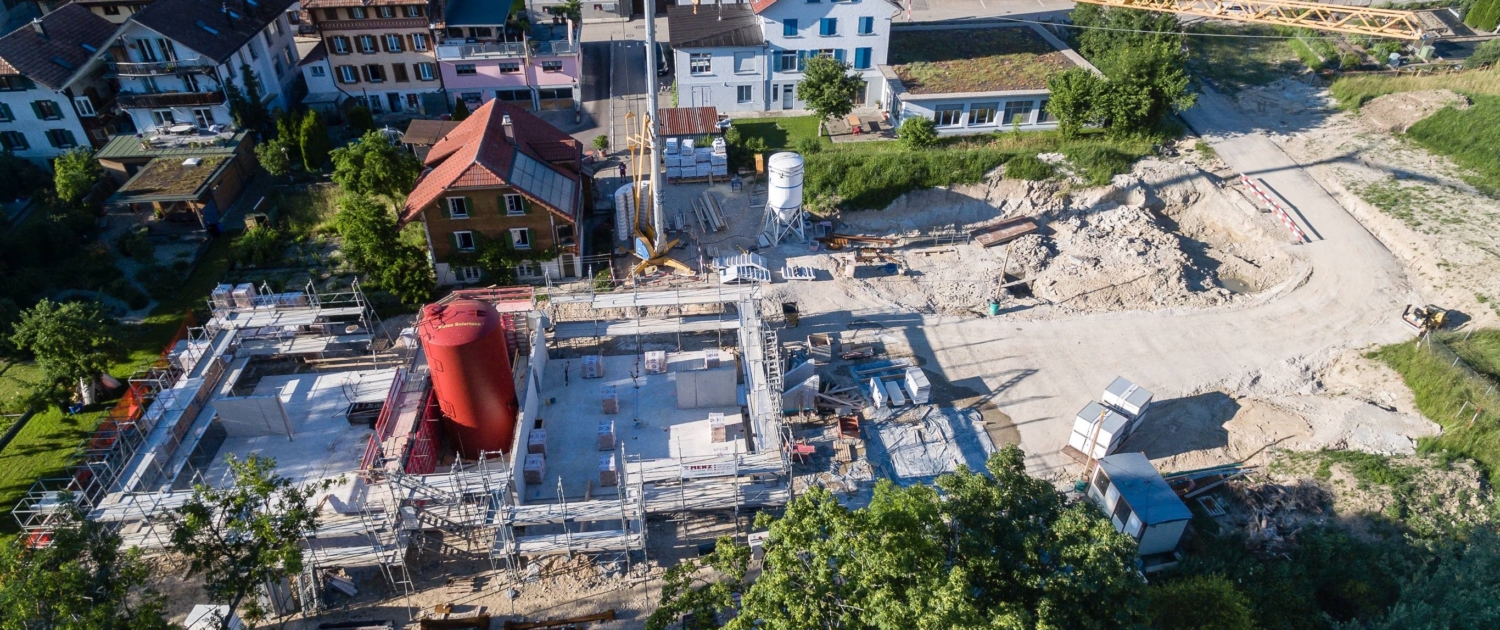
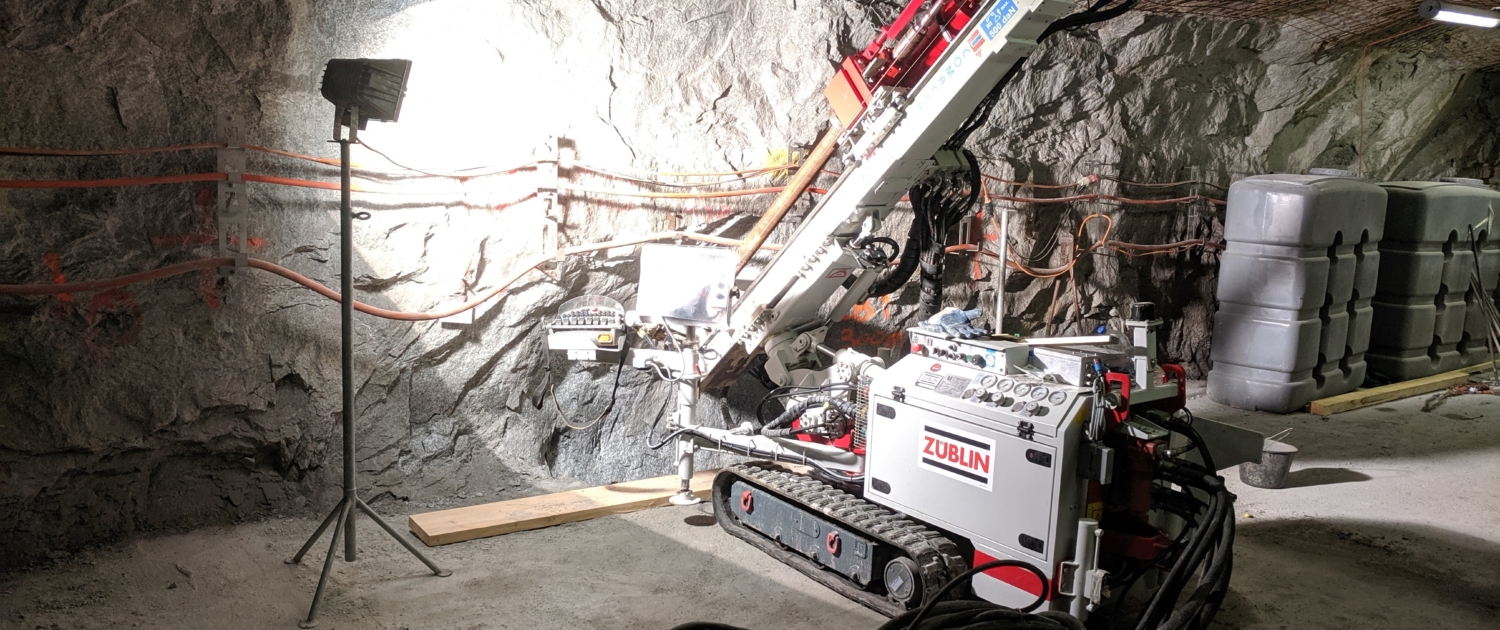 Benedikt Vogel
Benedikt Vogel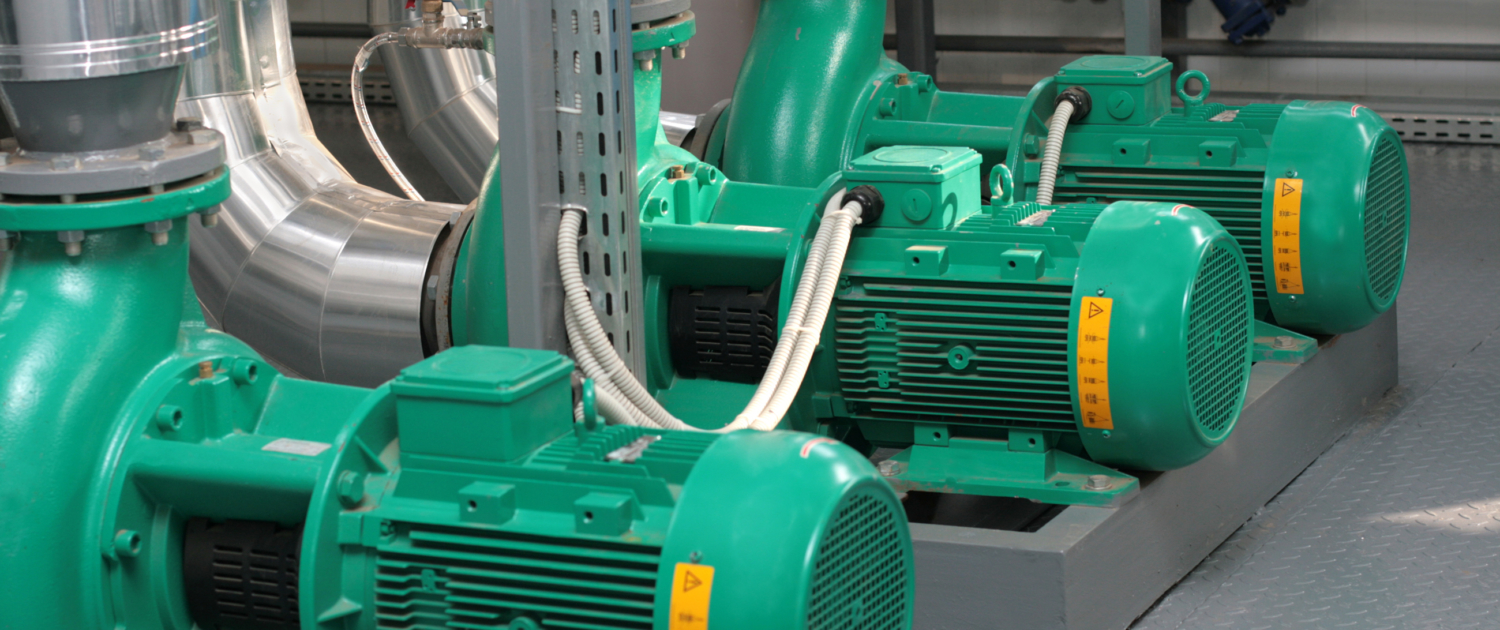 Shutterstock
Shutterstock